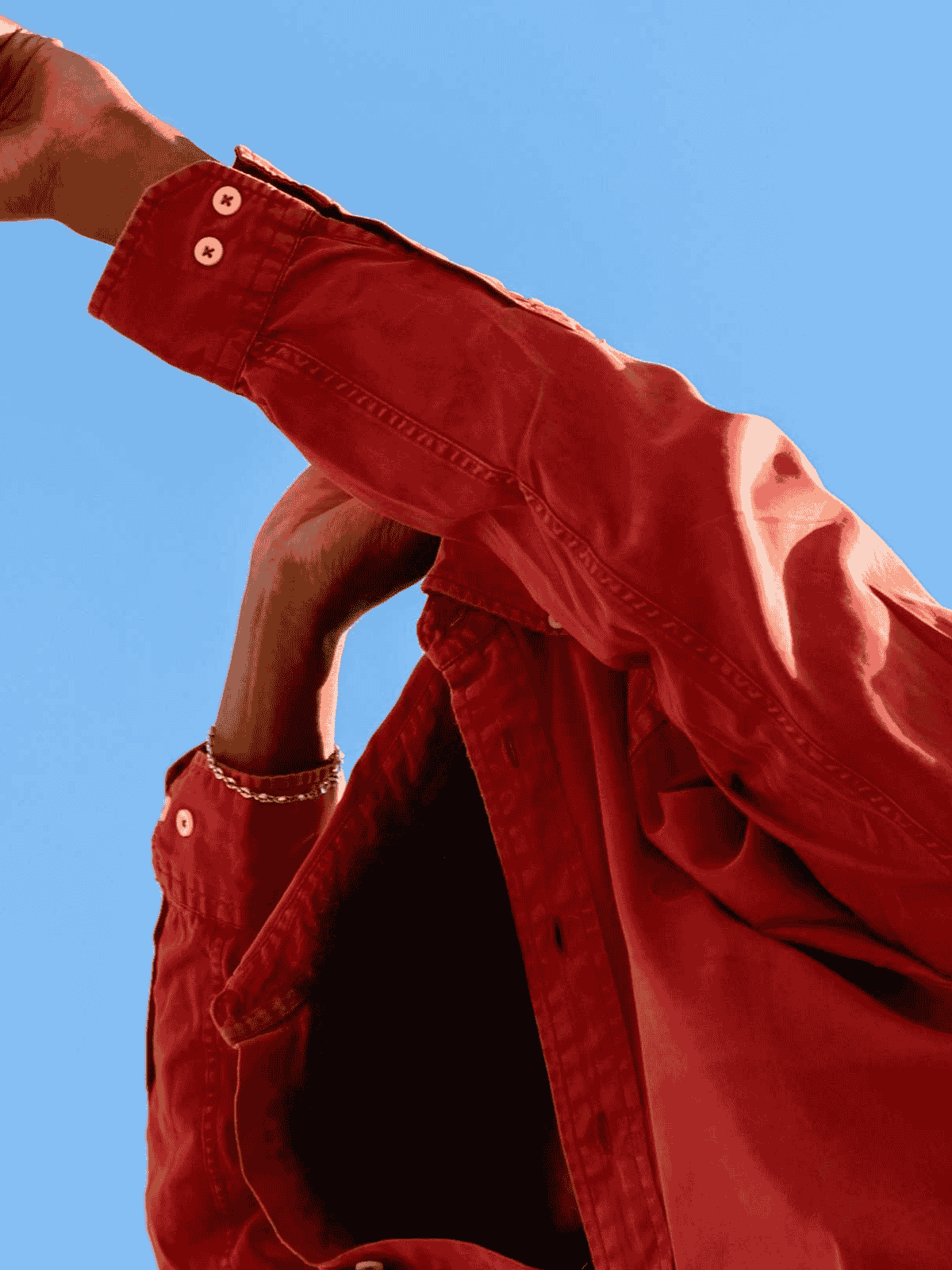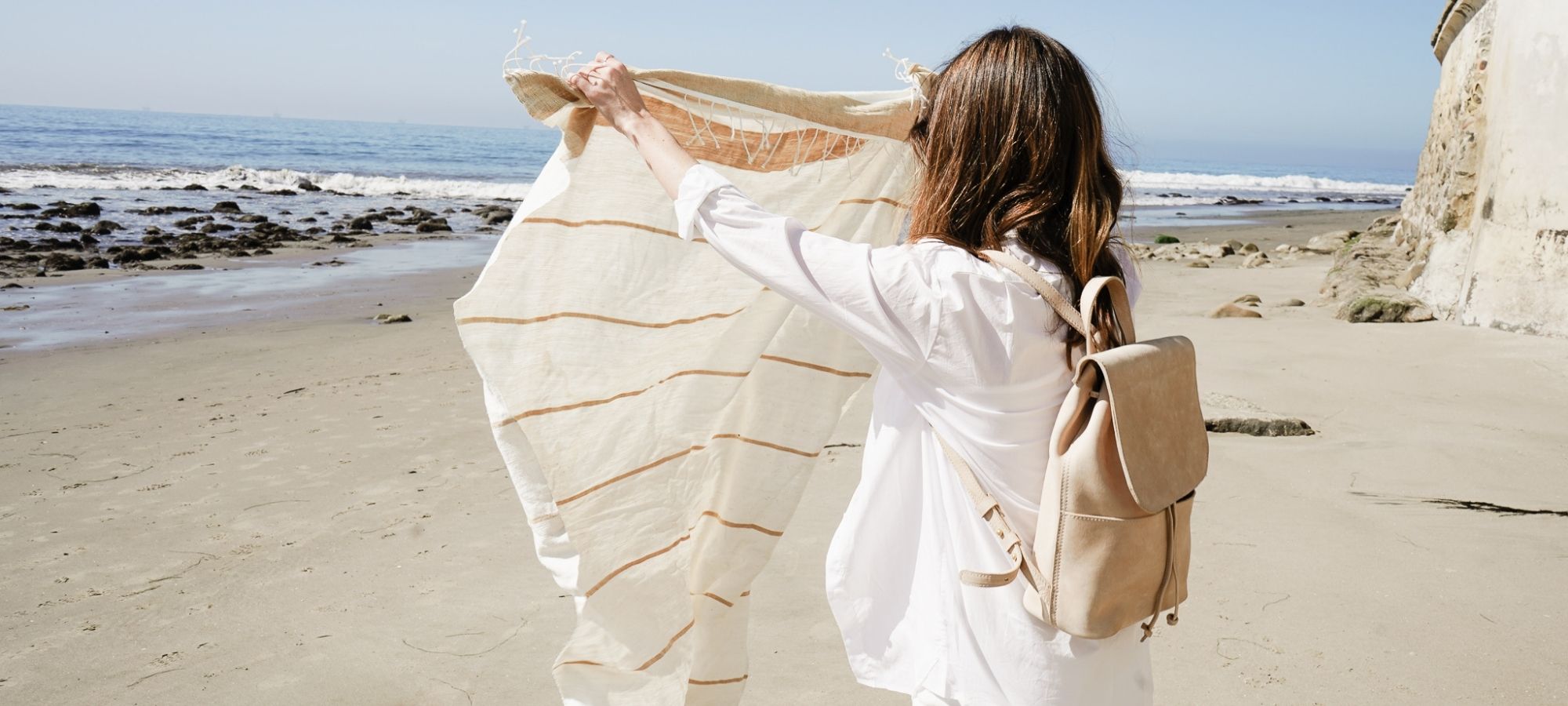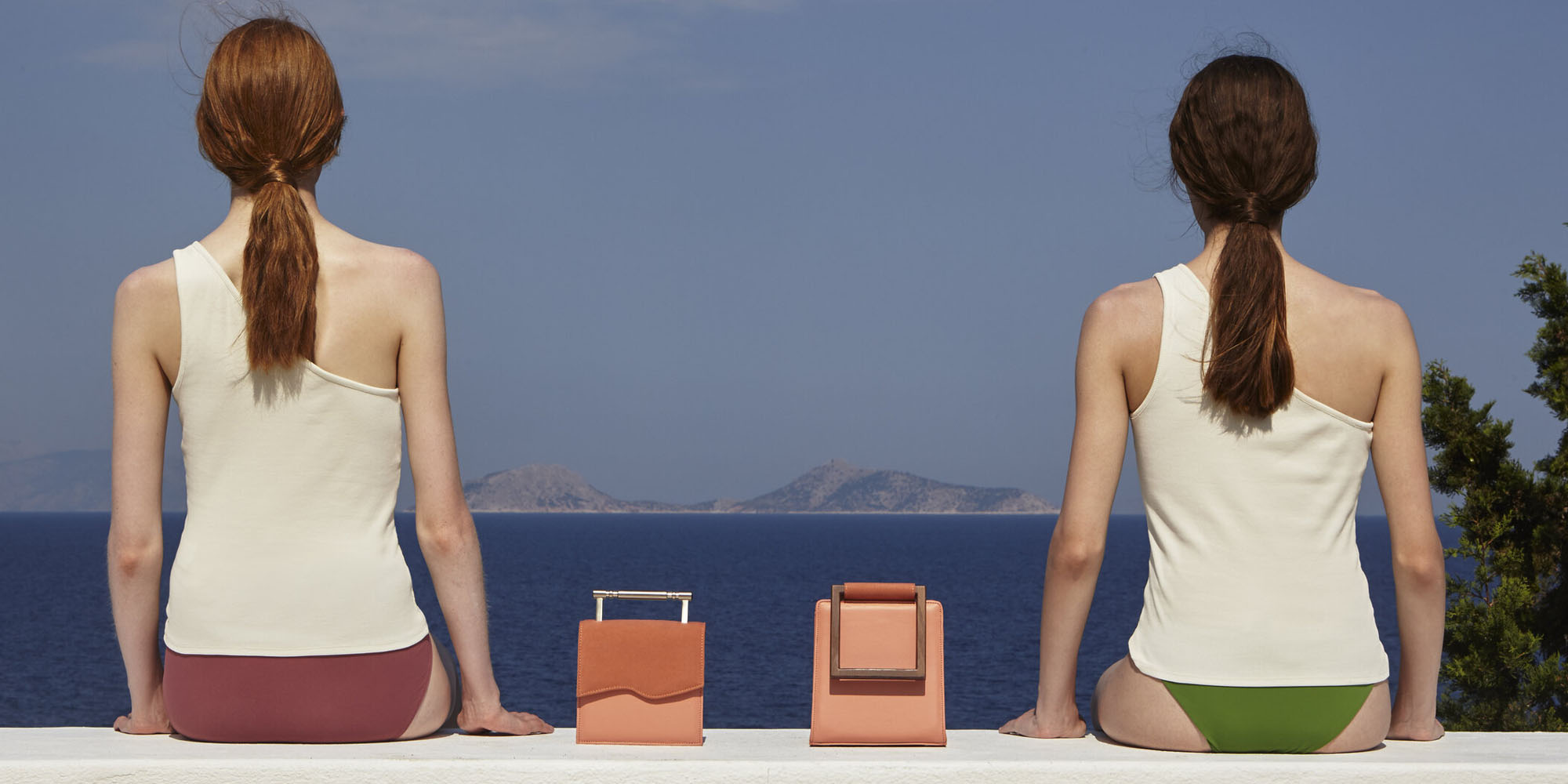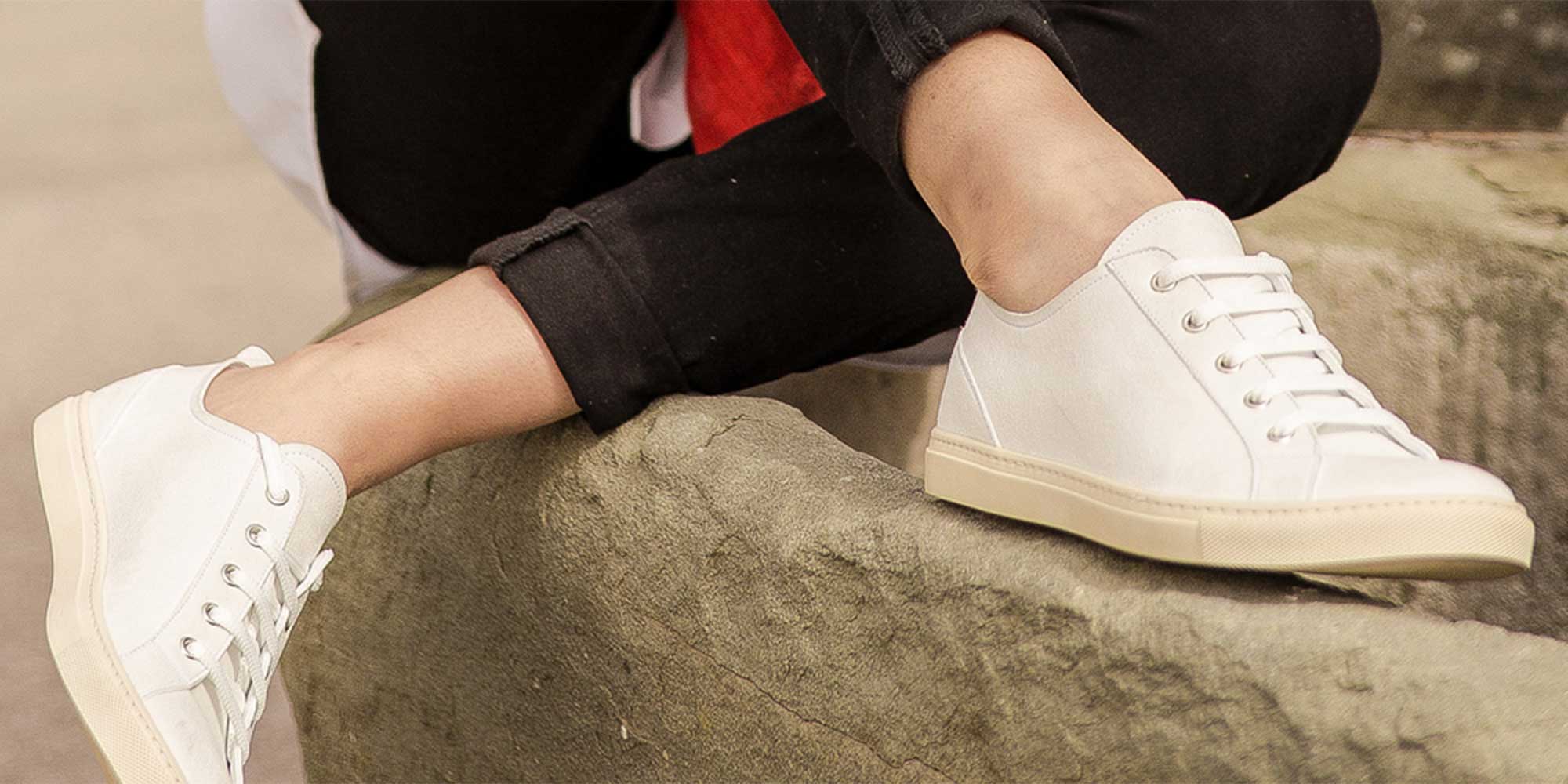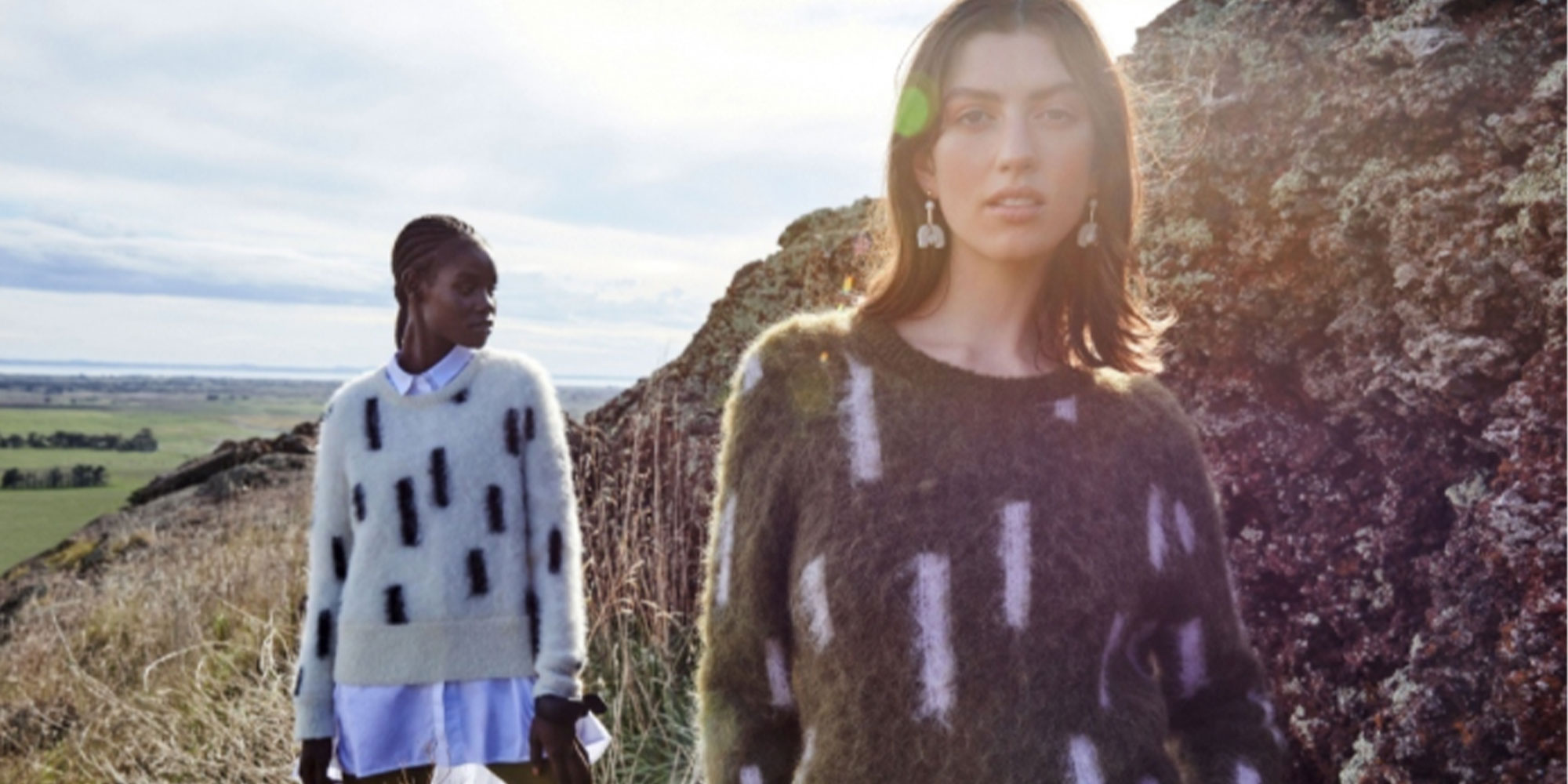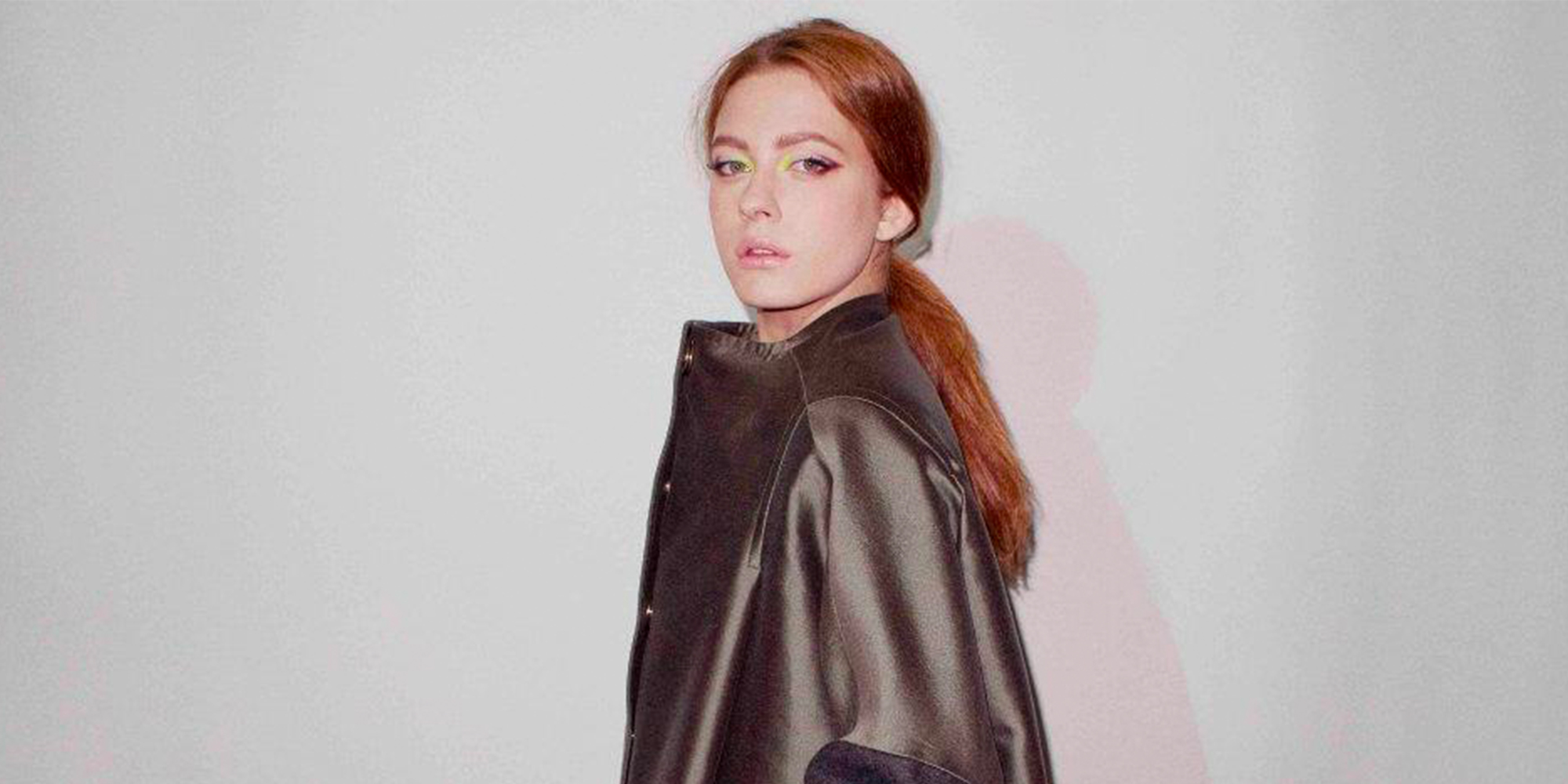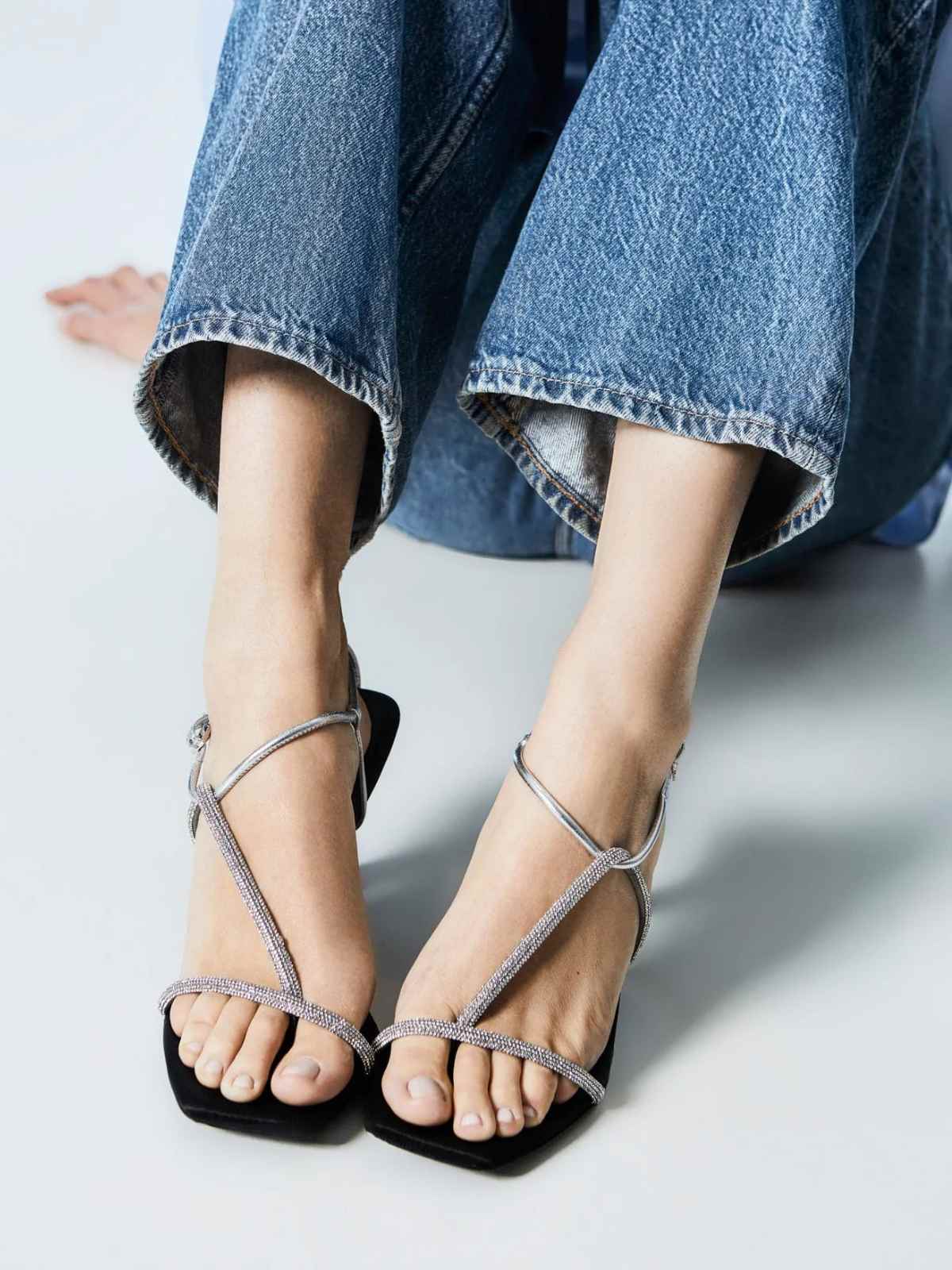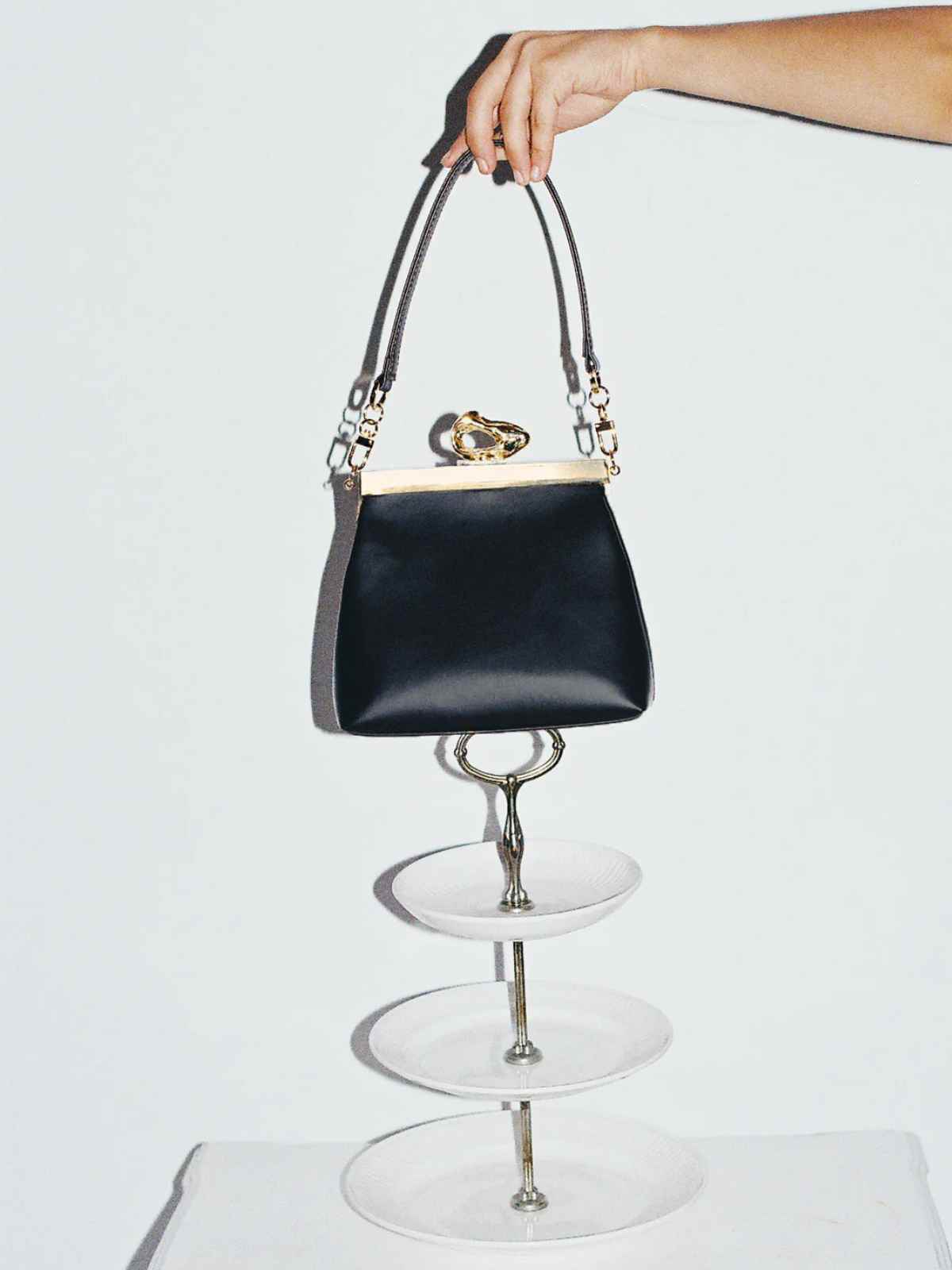Our editors curate highly rated brands that are first assessed by our rigorous ratings system. Buying through our links may earn us a commission—supporting the work we do. Learn more.
Avant-garde label Maison Margiela is known for its deconstructed and unconventional designs. But how ethical is Maison Margiela? Sadly, we rate the brand “We avoid” due to its lack of transparency and concrete initiatives. This article is based on the Maison Margiela rating published in September 2021.
Avant-garde is great, but sustainability is better
Maison Margiela, formerly known as Maison Martin Margiela, is an avant-garde haute couture brand, founded in 1988 by Belgian designer Martin Margiela. The brand is known for its inventive, deconstructed, and unconventional designs and shows. You might have already heard about the Tabi boot, a split-toe shoe taking inspiration from the traditional Japanese socks bearing the same name. Like many luxury fashion labels, Maison Margiela even collaborated with H&M to launch a limited edition collection in 2012.
But how is Maison Margiela impacting people, the planet, and animals? In short, how ethical is Maison Margiela?
Environmental impact
We couldn’t find evidence that Maison Margiela is actively working to reduce its impact on the environment. For this reason, we rate Maison Margiela “Very Poor” for the planet. The brand uses few eco-friendly materials and there is no evidence it minimises textile waste, reduces its carbon and other greenhouse gas emissions in its supply chain, or has taken meaningful action to reduce or eliminate hazardous chemicals. With a climate crisis afoot, brands need to take responsibility for their impact on the planet or risk getting left behind.
Labour conditions
Maison Margiela also rates “Very Poor” for people. Despite most of its final stage of production being undertaken in Italy, a medium risk country for labour abuse, the brand isn’t transparent enough: Maison Margiela received a score of 0-10% in the Fashion Transparency Index. The brand publishes limited information about its supplier policies and audits. It also doesn’t disclose any information about forced labour, gender equality or freedom of association, or any policies or safeguards to protect suppliers and workers in its supply chain from the impacts of COVID-19.
More importantly, we found no evidence Maison Margiela ensures payment of a living wage in its supply chain. A living wage is the bare minimum wage required for workers to live a decent life. It’s different from the legal minimum wage, which is usually far below the living wage. Garment workers need to be protected and treated fairly.
Animal welfare
Maison Margiela rates “Very Poor” for animals, too. The brand has a general statement about minimising animal suffering but no formal animal welfare policy. Maison Margiela doesn’t use fur and exotic animal skin, but it still uses leather, wool, angora, down, and exotic animal hair. For these animal-derived materials, we found no evidence they were traced even to the first stage of production. There is no way to know how the animals are treated along the supply chain without transparency here.
Overall rating: We Avoid
Maison Margiela rates “Very Poor” for the three key areas of people, planet, and animals.
The brand is clearly not doing enough to reduce its impact on the planet and its inhabitants. It needs to be more transparent about its practices, use more eco-friendly materials, ditch the harmful animal-based ones, reduce greenhouse gas emissions, and make sure its workers are paid a living wage and treated fairly.
Until Maison Margiela improves its rating, “We Avoid” the brand and we recommend you do too.
Note that Good On You ratings consider hundreds of issues, and it is not possible to list every relevant issue in a summary of the brand’s performance. For more information, see our How We Rate page and our FAQs.
Good swaps
“Good” and “Great” alternatives to Maison Margiela
